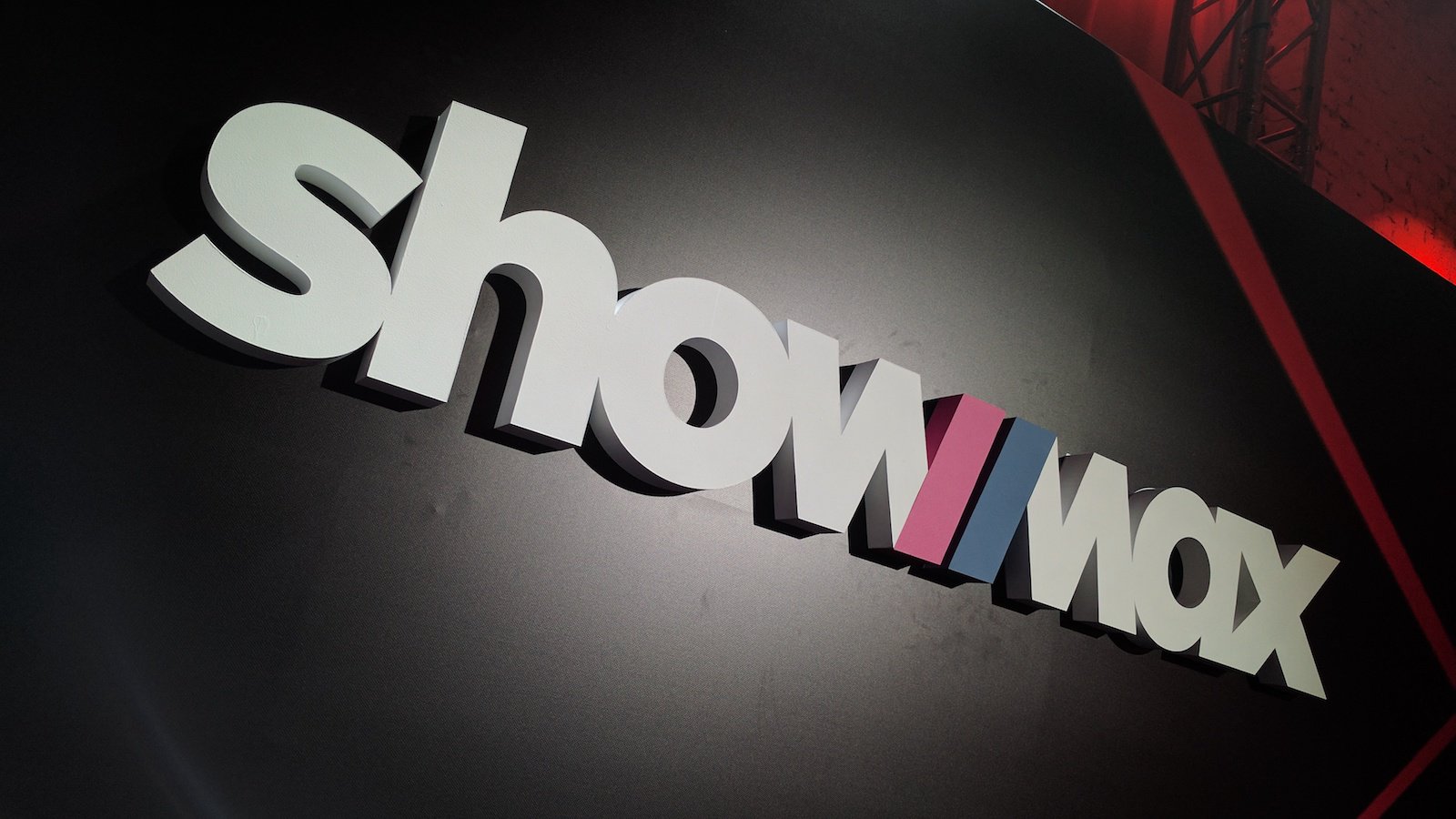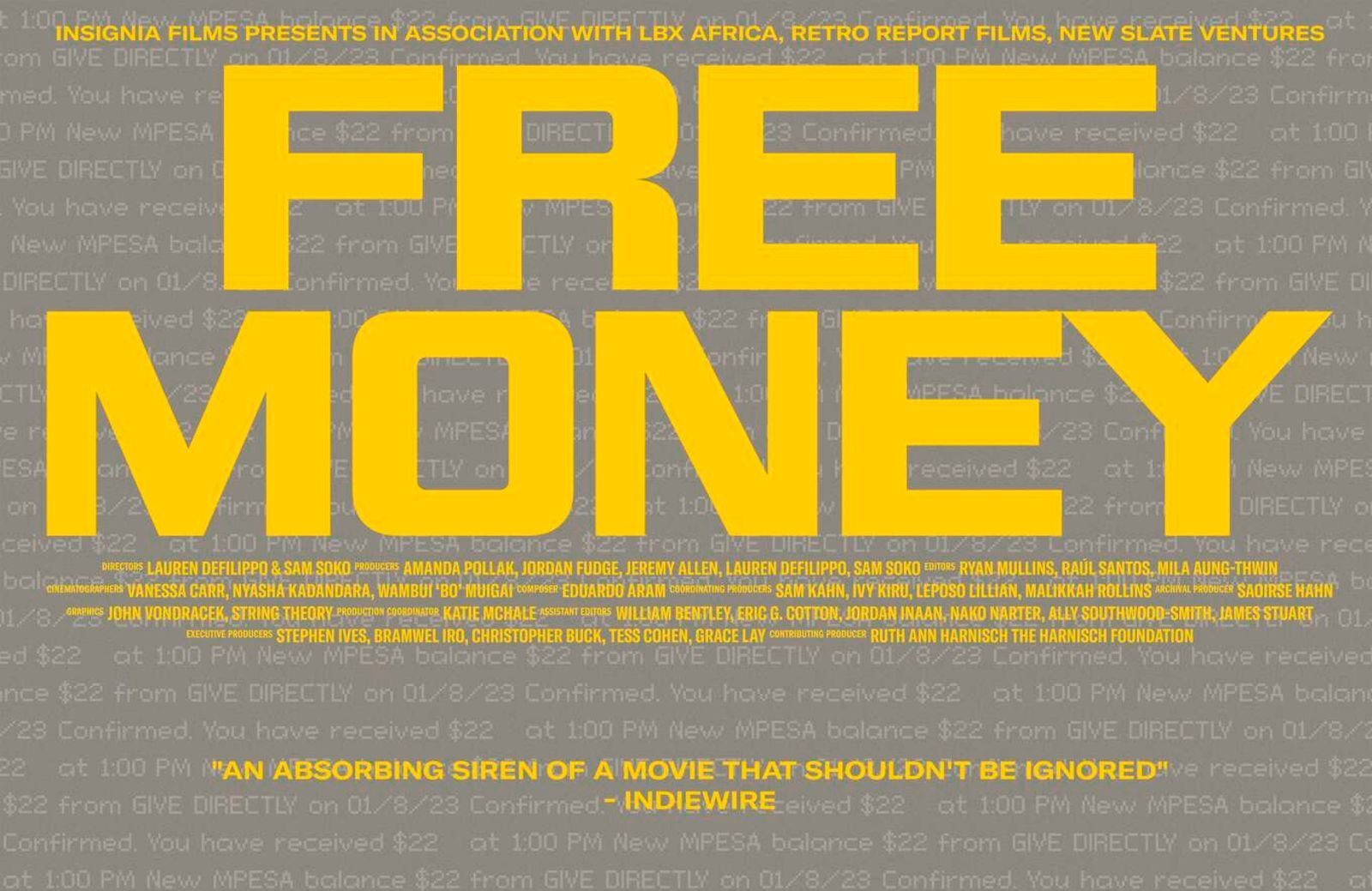As Netflix and HBO commence a content deal that would see popular titles like Insecure and Ballers come to Netflix, Showmax, being the exclusive provider of HBO content in Africa thus far, has a reason to be worried.
According to a report by Deadline, Netflix has started streaming several popular shows from HBO after it struck a deal with the network’s parent entity, Warner Bros. Discovery. With the new partnership, all five seasons of Insecure are now available on Netflix. Other shows like Six Feet Under, Ballers and Band of Brothers are also coming to Netflix.
It’s the first time that Netflix will offer HBO TV shows, which are generally exclusive to Warner Bros. Discovery’s Max service or Netflix rivals. Warner Bros. Discovery CEO David Zaslav had signaled early in his tenure that he is open to forgoing exclusivity and license content to boost the bottom line. This development should worry Showmax, Multichoice’s bet in the streaming space.
Showmax and HBO exclusivity deal
Since 2020, Showmax and its sister product, DStv, have had the exclusive rights to broadcast and stream HBO shows in South Africa and their other markets. Through the deal, Showmax subscribers could watch HBO releases like Game of Thrones and Westworld immediately after they air on MNet, DStv’s entertainment channel.
But with House of Dragons, another HBO offering, Showmax offered it to subscribers a full two months after it aired on MNet. This move infuriated subscribers and stoked speculation that the streaming platform was unwilling or unable to pay for early streaming rights to the series, according to MyBroadband.
Despite being a global hit, House of Dragons performed poorly on MNet, bringing in only 7,701 viewers, or 2.75% of subscribers on DStv Premium, according to data from the Broadcasting Research Council of South Africa (BRCSA).
In contrast, in the US, WarnerMedia announced the series had its largest-ever premiere for HBO and HBO Max in the US, racking up 9.986 million viewers, while in the UK and Europe, Sky also revealed the show had the best debut of any US program, pulling in 1.39 million viewers on its first day.
No exclusivity, no party for Showmax
In April, Multichoice announced a partnership with US media giant COMCAST, owners of NBCUniversal, and its UK counterpart SKY to create “Showmax 2.0,” a new platform powered by Peacock and 70% owned by Multichoice and 30% (stake sold for $30 million) owned by the aforementioned UK and US partners.

Content-wise, Showmax 2.0’s success is mainly hinged on the exclusive streaming of content from SKY and COMCAST and third-party providers, including HBO and WarnerBros. With the latter striking deals with Netflix, some of this content may no longer be exclusive to Showmax in Africa. If SKY and COMCAST strike similar deals with Netflix, it could spell trouble for Showmax 2.0’s entire business model, a product that Multichoice is investing in for the foreseeable future.
When TechCabal reached out to Showmax about the development and how it will impact the streaming platform, it stated that the agreement between Netflix and HBO would not affect its current offering.
“There are no changes coming to Showmax. HBO shows will continue to be available on Showmax across Africa, including 2023 hits you can’t stream anywhere else like Succession, The Last of Us, and Barry, and express titles like The Idol, Warrior, The Righteous Gemstones, and Winning Time: The Rise of the Lakers Dynasty, which launches on 7 August,” said Yolisa Phahle, CEO at Showmax.
According to its annual results for the year ended 31 March 2023, Multichoice is doubling down on its streaming bet, Showmax, with the company choosing not to issue shareholders dividends. Instead, it will continue investing in the streaming platform. “In view of the challenging South African market, the uncertain currency outlook, the funding needs of the Rest of Africa business and the investment required to drive Showmax to become the leading streaming platform on the continent, no dividend has been declared for FY23,” the company stated.
On its financial results booklet, Multichoice mentions DStv, its core product, only seven times, compared to the twenty times it mentions Showmax, perhaps pointing to how much the company is betting on the success of the platform as the last straw to keep the company from going under.
Meanwhile, French broadcasting giant Canal+ continues its steady purchase of Multichoice’s ordinary shares, now owning 31.7% of the company, about 3% away from the 35% stake, which would require Canal+ to make a mandatory offer for Multichoice.




















